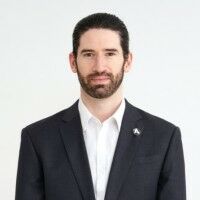PLENARY 7: Projection and Stability of the Orbital Debris Environment in the Light of Planned Mega-Constellation Deployments
Thursday 29 September 2016, 13:30 – 14:30
Location: Guadalajara Hall 9&10
In early 2015 media reported plans by two companies, OneWeb Ltd. (UK) and SpaceX (USA), for the deployment of large low-Earth orbit (LEO) satellite constellations. The OneWeb constellation is planned to consist of 720 Satellites, to be operating at 1,200 km altitude in 18 different orbit planes, to provide global high-speed communication. The SpaceX constellation is planned to consist of 4,000 satellites, to be operating at 1,100 km altitude, to provide global, high-speed internet communication. Both constellations will be deployed in high-inclination orbits.
The proposed Plenary Event will present a panel of experts that will highlight possible effects of large constellation deployments on the current and future orbital debris environment, on possible risks imposed on other space missions during the operation and disposal of such constellations, and on legal aspects of large constellation deployments in the light of existing space debris mitigation guidelines and applicable legal frameworks.
Moderator

Heiner KLINKRAD
Honorary Professor, Institute of Space Systems of the Technical University of Braunschweig
Germany
Panelists

Michael LINDSAY
Mission System Engineering and Analysis Lead, OneWeb
United States



























